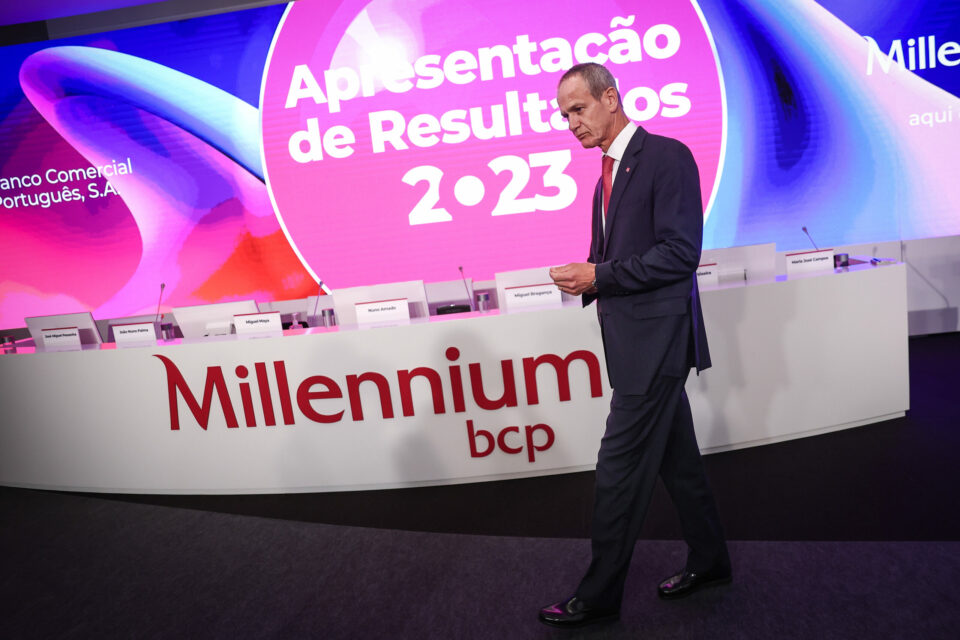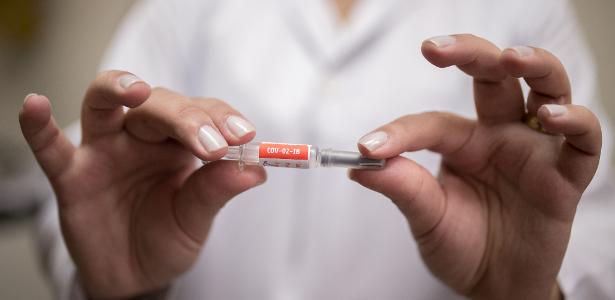In a complete turnaround in Brazil’s relationship with China, the two countries will sign an agreement to establish the Sino-Brazilian Center for Research and Prevention of Infectious Diseases. The unprecedented agreement is set to be announced on Thursday, in Beijing, and marks a significant departure from Brazil’s position under the Jair Bolsonaro government.
This is an initiative of Fiocruz and the CAS-TWAS Center of Excellence for Emerging Infectious Diseases (CEEID), through the Institute of Microbiology of the Chinese Academy of Sciences.
“The center, which will be based in Beijing and another at the Manguinos Campus in Fiocruz, Rio de Janeiro, will promote cooperation in health-related science and technology, with a focus on epidemic prevention and control. And epidemics, such as COVID-19, fluChikungunya, Zika, dengue feveryellow fever, stomatitis and other infectious diseases such as TuberculosisFiocruz says, in a statement.
The center will also develop rapid diagnostic tests, treatments, vaccines and medicines.
Bolsonarian allies even spread Donald Trump’s account of an alleged deliberate measure by China to spread the coronavirus, while the former president ridiculed the efficacy of the Asian country’s vaccine.
The former health minister, Luis Henrique Mandetta, even accused Ernesto Araujo, the former chancellor, of preventing his portfolio from getting close to China, while the crisis between the two countries threatened to paralyze the delivery of key products to fight the epidemic in Brazil. .
Consequently, the negotiations that had been in place between the two countries for four years were halted. “The agreement was already taking shape since before the pandemic, but it was delayed because of the health emergency and political issues,” Fiocruz says.
With the election of President Luiz Inacio Lula da Silva and the rapprochement between Brazil and China, the MoU has gained a new impetus, showing that relations between the two countries can also deepen in the field of health.”
Fiocruz, in the note
In fact, cooperation between Brazil and China began to strengthen after the visit of the delegation led by scientist George Fu Gao, Director of the Chinese Center for Disease Control and Prevention (CDC/China), in June 2017. , then-President. Fiocruz, Nessa Trindade Lima signed an understanding. Today, she is the Minister of Health.
Among the diseases that will be studied, some of them affect both countries, such as COVID-19.
Others, such as yellow fever, affect Brazil more, but have caught the interest of the Chinese. “As China’s infrastructure business increased in Africa, some of its workers contracted yellow fever – a disease Fiocruz has know-how about, producing the vaccine,” explains the Brazilian entity.
“On the other hand, China and India produce a large part of the active pharmaceutical ingredients (API) used in the world. Brazil can learn from them,” he added.
A new level in partnership
For Mario Morea, current president of Fiocruz, “Sino-Brazilian cooperation in science and health reaches another level with this agreement.”
“Joint research on infectious diseases in Chinese and Brazilian laboratories, permanent exchange of expertise and knowledge, and greater qualification of epidemiological surveillance benefit from strengthening our science and enabling countries to prepare for increasingly common new health emergencies,” he said.
According to him, Brazil and China share a vision of public health goods, such as vaccines, medicines and diagnostic tests.
He defended this, saying: “The development and production of these commodities should be decentralized and strengthen health systems to reduce global vulnerability. Let’s walk together in this direction that strengthens Fiocruz’s international standing.”
How will it work?
The agreement provides for the formation of a working group to implement the center in both countries. Each headquarters will work with researchers from both nationalities. Basic and translational research work will be developed in it; clinical research; training and research; International contacts and exchange of researchers.
Among the activities of the new center, Fiocruz highlights:
- Joint research projects
- Training and development of human resources at various levels (technical, master’s, doctoral and post-doctoral)
- Exchange of information, technology and materials
- Organizing seminars and conferences
- Joint publications of scholarly articles
- Technological development of new vaccines, therapeutic antibodies, and drugs for acute and chronic infectious diseases
- Cooperation in tropical medicine.
“This agreement promotes cooperation in public health,” commented Shi Yi, executive director of CEEID who brokered the seminar series between Fiocruz and the Chinese Academy of Sciences last year.
In Beijing, the center will operate at the Institute of Microbiology. In Brazil, it will be based in the Center for Technological Development in Health (CDTS) building, which is being built in Manguinhos. The building is expected to be completed by the end of 2024, and the center is expected to start operating in early 2025. Until then, there will be time to choose which researchers go and who come.
“The great importance of this memorandum is that for the first time we will create two somatic centers, which will be used by Brazilian and Chinese researchers. We are turning events that were of short duration, such as visits by researchers, into permanent ones,” said Carlos Morel, CDTS coordinator and co-author of the memorandum. To have Chinese scholars here for long periods, a month, a year, two years.

“Wannabe internet buff. Future teen idol. Hardcore zombie guru. Gamer. Avid creator. Entrepreneur. Bacon ninja.”







More Stories
Why were the first stars in the universe massive? Science responds!
The medical entity says e-cigarettes can cause difficulty sleeping
National Scientists Day. “At least 80% of people who devote themselves to science are sedentary.”